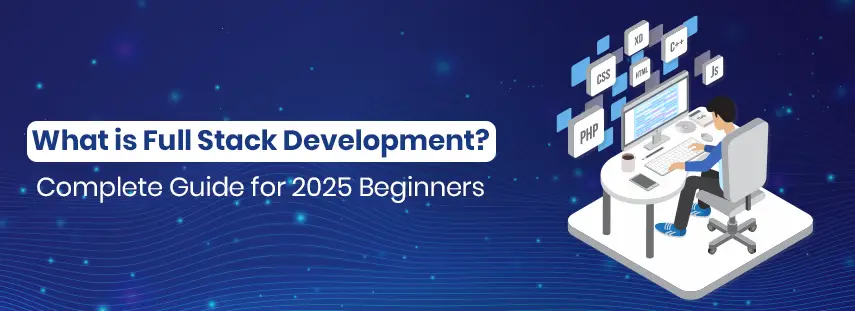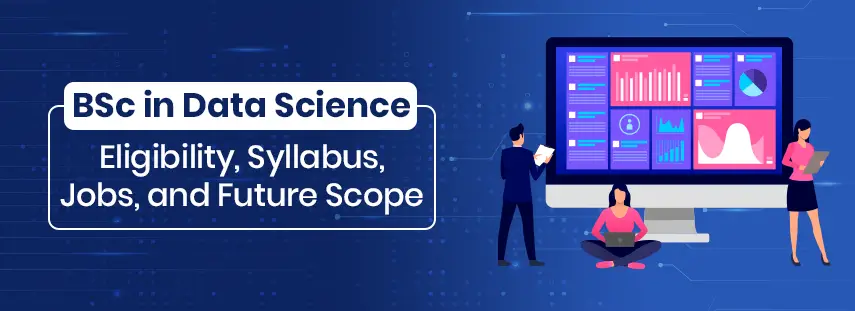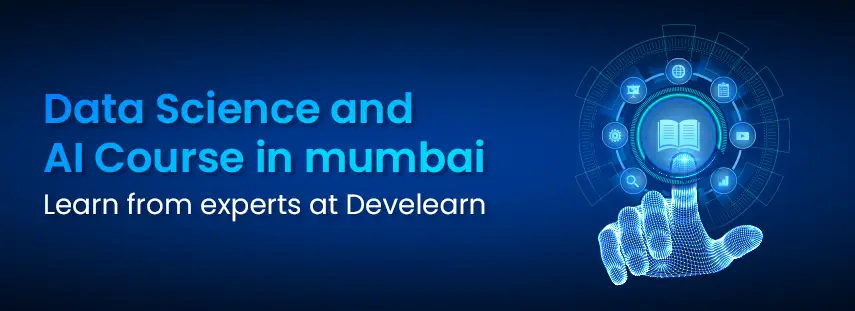Join As Students, Leave As Professionals.
Develearn is the best institute in Mumbai, a perfect place to upgrade your skills and get yourself to the next level. Enroll now, grow with us and get hired.

Full Stack Developers: A Comprehensive Guide
Full Stack Developers: A Comprehensive Guide
DeveLearn Technologies
3 minutes
December 27, 2023
Loading content...




